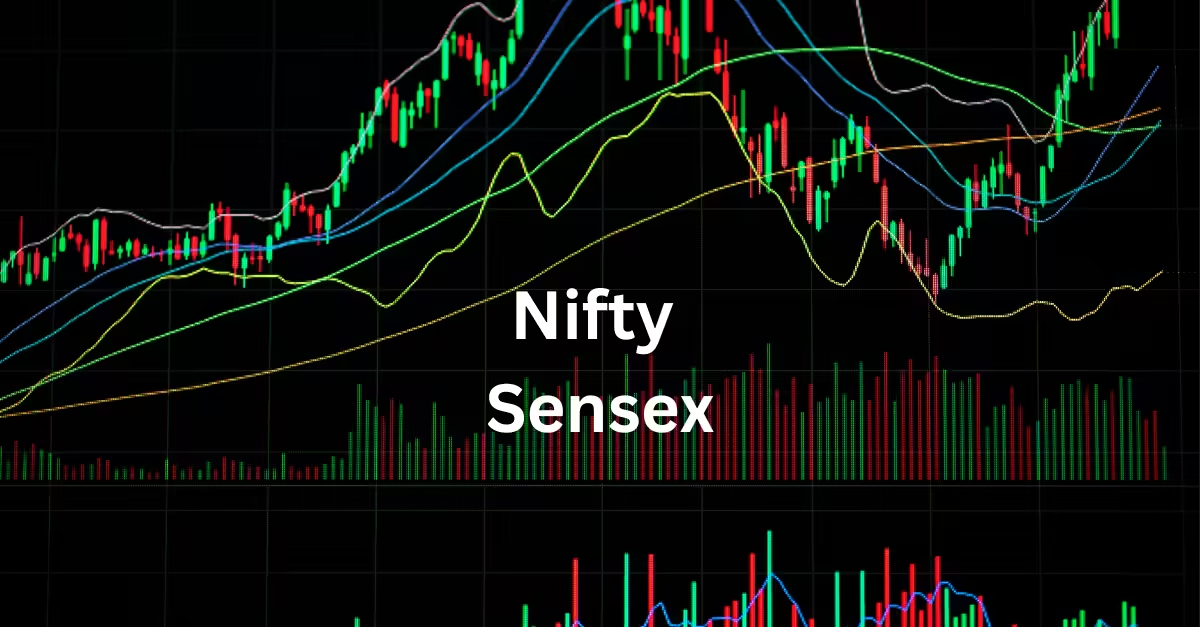
In recent trading sessions, the Indian equity market has taken a significant hit, which has led to a dramatic decline in the market capitalizations of several leading firms. Specifically, the combined market valuation of eight out of the top ten most valued firms fell sharply by Rs 1,65,501.49 crore last week. This downturn reflects a broader bearish trend that has gripped domestic equities, making investors cautious as they navigate uncertain waters.
Among these firms, HDFC Bank stood out as the biggest laggard, suffering a steep loss of Rs 47,075.97 crore. This shift brought its total market capitalization down to Rs 14,68,777.88 crore. Such a significant drop not only impacts the bank but can also have ripple effects across the financial sector, where stakeholders are closely watching developments.
The decline was not isolated to HDFC Bank alone. Other major players like Reliance Industries, ICICI Bank, and State Bank of India also faced severe reductions in their market valuations. ICICI Bank lost Rs 30,677.44 crore of its market cap, bringing it down to Rs 10,10,375.63 crore. Similarly, Reliance Industries saw a loss of Rs 21,516.63 crore, resulting in a total valuation of Rs 19,31,963.46 crore.
Meanwhile, State Bank of India experienced an erosion of Rs 18,250.85 crore, leaving it at a market cap of Rs 7,07,186.89 crore. This pattern continued with Hindustan Unilever Ltd, which dropped by Rs 16,388.4 crore, landing at Rs 5,44,893.71 crore.
Yet, not all firms were caught in the downward trend. Tata Consultancy Services (TCS) and Infosys managed to turn the tide, witnessing net additions in their market valuations despite the overall market slump. Such performances underline the varying dynamics at play within the financial landscape, where select companies can thrive even as others falter.
The BSE benchmark index, often seen as a barometer of market health, faced its own struggles. It tanked by 1,070.39 points, equivalent to a 1.30 percent drop. Factors influencing this bearish trend might range from geopolitical uncertainties to domestic economic data. Investors are keeping a close eye on several variables as they compute their next moves in the trading arena.
The recent drop is a clear reminder of how quickly market conditions can turn. Financial analysts stress the importance of diversification and careful observation during such times. For retail investors, the focus should be on long-term planning rather than getting swayed by short-term fluctuations in valuations.
As always, the market exhibits a degree of unpredictability. While last week’s figures were alarming for many investors, they provide an opportunity to reassess strategies. The performance of HDFC Bank, among others, may serve as a valuable case study in market behavior in turbulent times.
Market participants are now deliberating on potential recovery strategies for the coming weeks. Will HDFC Bank’s valuation bounce back? Time will tell. As market sentiment edges toward caution, investors are urged to keep tracking their portfolios and remain well-informed about ongoing market dynamics.
While the losses observed last week were significant, the landscape is never static. The performance of companies like TCS and Infosys demonstrates that resilience can exist alongside challenges. This may encourage investors to look for hidden gems even in bearish markets.
In conclusion, while the erosion of market value for eight of the top ten firms creates a somber mood within the financial community, it is essential to maintain a perspective of resilience and strategic response. Understanding how to navigate these tumultuous waters could make all the difference for those engaging in the dynamic marketplace.














